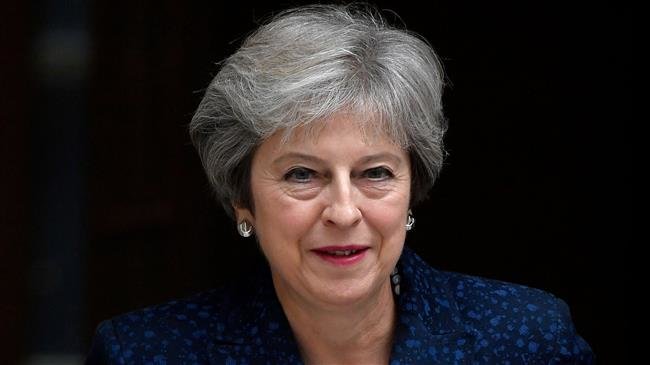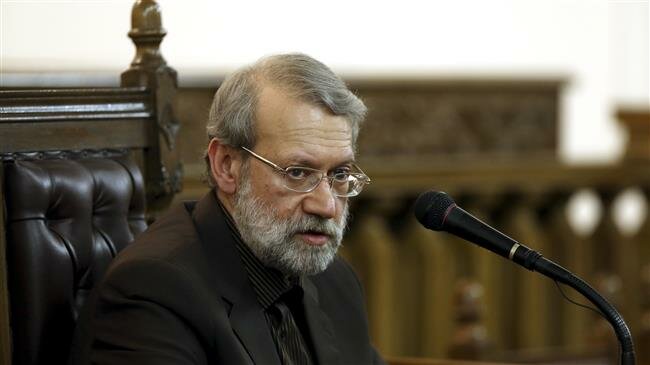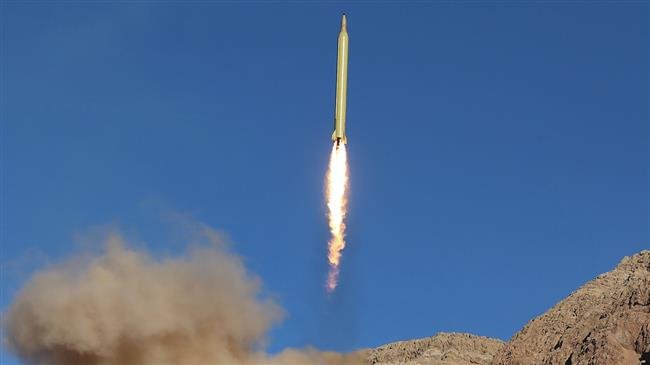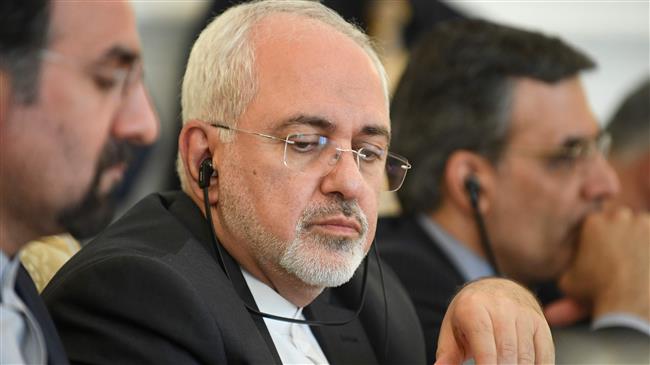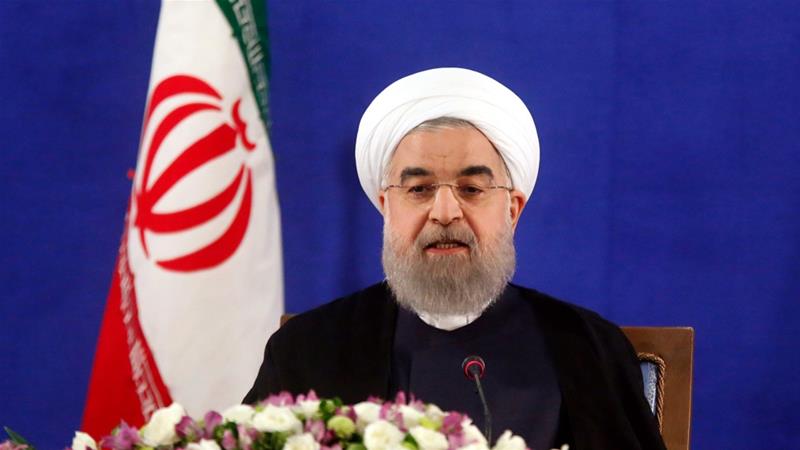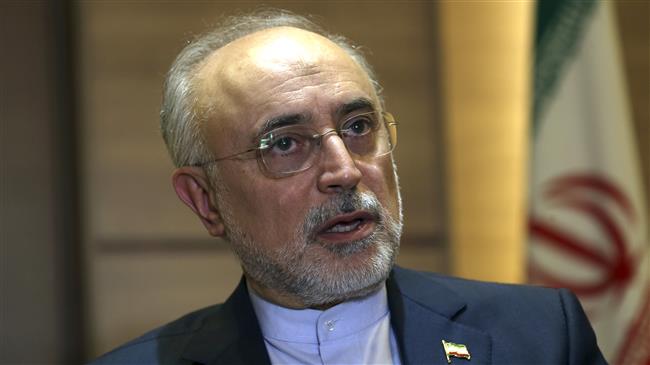British Prime Minister Theresa May says Iran is in compliance with its commitments under a nuclear deal it signed in 2015, stressing that the agreement should be kept alive.
Publish dateMonday 24 September 2018 - 05:42
Story Code : 171356
AVA- "From what we see, we believe that it is doing that," May told CBS on Sunday.
In excerpts of an interview that was to air in full on Monday May said that her country believes that the accord, officially known as the Joint Comprehensive Plan of Action (JCPOA), "should stay in place."
The British premier emphasized that other signatories to the deal - repudiated by the United States - "believe that it should stay in place."
However, there are other issues outside the deal, including Iran's missile program and the country's role in the Middle East, that also need to be dealt with.
The British prime minister's interview came as world leaders are gearing up for week-long high-stakes diplomacy at the United Nations General Assembly.
US President Donald Trump announced in May that Washington was pulling out of the JCPOA, which lifted nuclear-related sanctions against Tehran in exchange for restrictions on Iran's nuclear program. The deal had been signed between Iran and the five permanent members of the UN Security Council plus Germany.
The US administration reintroduced the previous sanctions while imposing new ones on the Islamic Republic. It also introduced punitive measures — known as secondary sanctions — against third countries doing business with Iran.
A first round of American sanctions took effect in August, targeting Iran's access to the US dollar, metals trading, coal, industrial software, and auto sector. A second round, forthcoming on November 4, will be targeting Iran’s oil sales and its Central Bank.
Despite Washington's withdrawal, Iran has not left the deal yet, but stressed that the remaining signatories to the agreement now had to work to offset the negative impacts of the US pullout for Iran if they wanted Tehran to remain in it.
Other parties to the JCPOA have repeatedly announced that the deal is working and should stay in place.
Since the JCPOA Implementation Day on January 16, 2016, the IAEA has been monitoring Iran’s compliance with its nuclear-related commitments under the nuclear deal and has consistently verified the Islamic Republic’s compliance.
In his opening address to the IAEA’s 62nd General Conference, the agency's Director General Yukiya Amano reaffirmed that Iran is in compliance with the nuclear agreement.
In excerpts of an interview that was to air in full on Monday May said that her country believes that the accord, officially known as the Joint Comprehensive Plan of Action (JCPOA), "should stay in place."
The British premier emphasized that other signatories to the deal - repudiated by the United States - "believe that it should stay in place."
However, there are other issues outside the deal, including Iran's missile program and the country's role in the Middle East, that also need to be dealt with.
The British prime minister's interview came as world leaders are gearing up for week-long high-stakes diplomacy at the United Nations General Assembly.
US President Donald Trump announced in May that Washington was pulling out of the JCPOA, which lifted nuclear-related sanctions against Tehran in exchange for restrictions on Iran's nuclear program. The deal had been signed between Iran and the five permanent members of the UN Security Council plus Germany.
The US administration reintroduced the previous sanctions while imposing new ones on the Islamic Republic. It also introduced punitive measures — known as secondary sanctions — against third countries doing business with Iran.
A first round of American sanctions took effect in August, targeting Iran's access to the US dollar, metals trading, coal, industrial software, and auto sector. A second round, forthcoming on November 4, will be targeting Iran’s oil sales and its Central Bank.
Despite Washington's withdrawal, Iran has not left the deal yet, but stressed that the remaining signatories to the agreement now had to work to offset the negative impacts of the US pullout for Iran if they wanted Tehran to remain in it.
Other parties to the JCPOA have repeatedly announced that the deal is working and should stay in place.
Since the JCPOA Implementation Day on January 16, 2016, the IAEA has been monitoring Iran’s compliance with its nuclear-related commitments under the nuclear deal and has consistently verified the Islamic Republic’s compliance.
In his opening address to the IAEA’s 62nd General Conference, the agency's Director General Yukiya Amano reaffirmed that Iran is in compliance with the nuclear agreement.
Source : خبرگزاری Afghn Voice Agency(AVA)
avapress.net/vdccpsqse2bqm18.-ya2.html
Tags
Top hits
